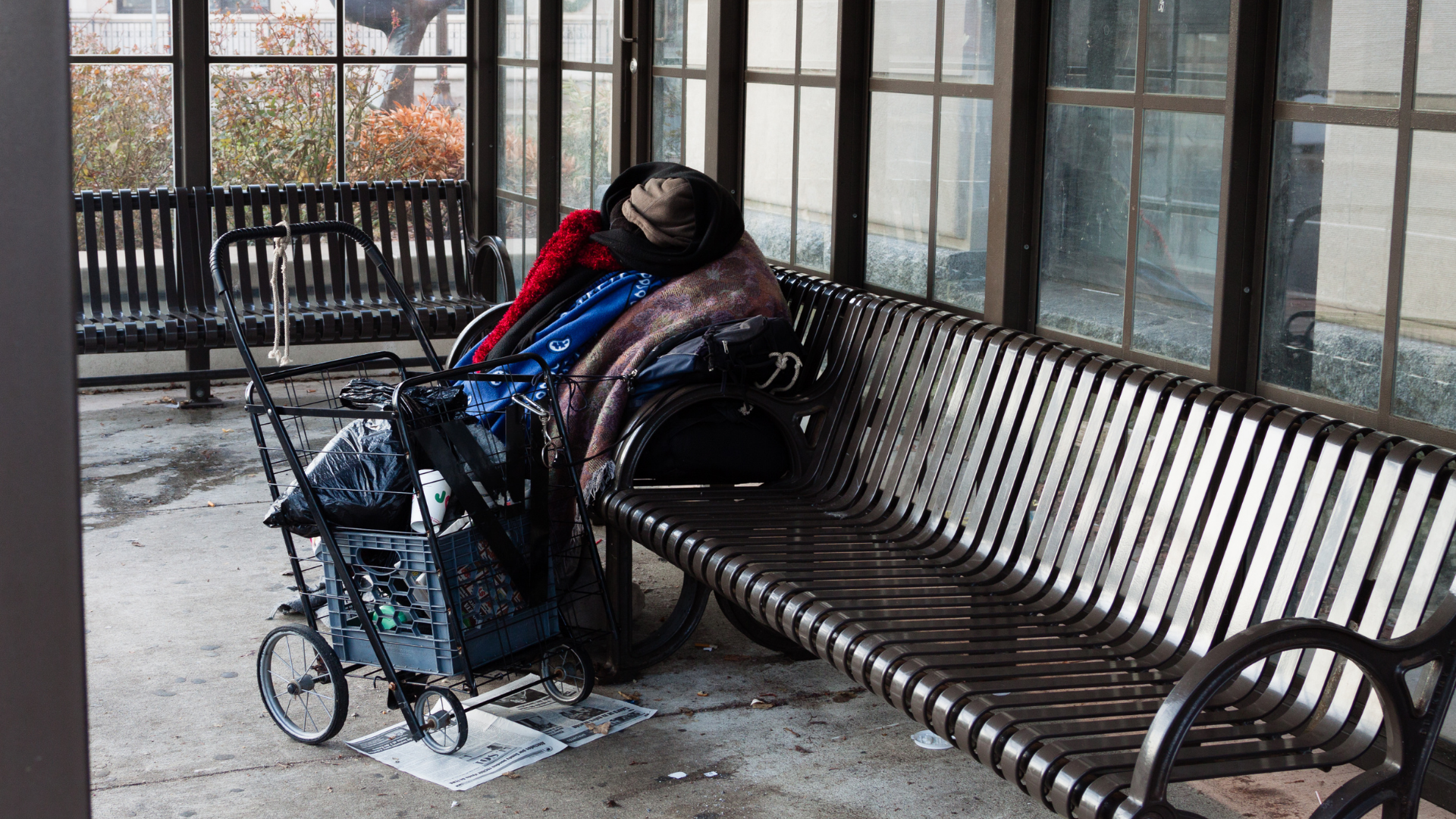Nine months after the first lockdown, England is experiencing a second period of restrictions. We again must stay at home—but what of people who have no home, especially those sleeping rough? The first lockdown saw the implementation of ‘Everyone In’, which required local authorities to find accommodation for rough sleepers and those living in communal establishments like hostels. Like many of the measures adopted in the face of the pandemic, Everyone In focused mainly, and rightly, on public health, leaving costs to be addressed later.
Now, some ten months into the pandemic, we can look in some detail at what was spent and at costs yet to come. Many of the Everyone In cohort have support needs that will entail continuing expenditure by local authorities over a period of months or years. At the moment, however, there is no mechanism for local authorities automatically to recoup the considerable costs they incur.
Working with data provided by London Councils, the London Housing Directors’ Group and the Society of London Treasurers, LSE London has prepared an independent analysis of the cost to London local authorities and the GLA of accommodating rough sleepers since March 2020 and expected future expenditure on this group. The research found that:
◾6700 individuals were given shelter in London during the April-June period of ‘Everyone In’.
◾About 1700 (a quarter) were non-UK nationals who were not normally eligible for public assistance.
◾This financial year, London local government will spend nearly £100 million (net of Housing Benefit) on housing and supporting the Everyone In cohort.
◾There will be some expenditure required in subsequent years. So, the total cost for this cohort is forecast to be £143.2 million – or £21,400 for each individual given shelter.



